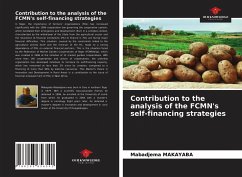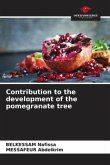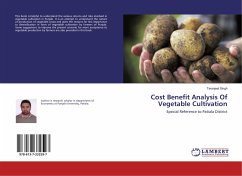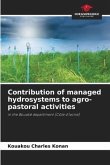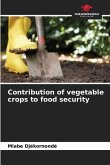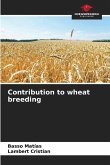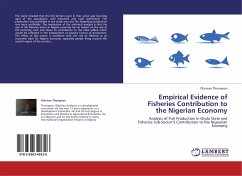In Niger, the importance of farmers' organizations (FOs) has increased significantly with the 1996 cooperative law governing the cooperative system, which facilitated their emergence and development. Born in a complex context, characterized by the withdrawal of the State from the agricultural sector and the reluctance of financial institutions (FIs) to finance it, FOs are facing major financial difficulties. This situation, caused by the constraints linked to the agricultural activity itself and the mistrust of the FIs, leads to a strong dependence of POs on external financial partners. This is the situation faced by the Federation of Market Garden Cooperatives of Niger (FCMN-Niya), which was created in 1996 at the initiative of 11 market garden cooperatives. With more than 140 cooperatives and unions of cooperatives, the umbrella organization has developed initiatives to increase its self-financing capacity, which has remained at less than 3% since its creation, compared to a financing of more than 96% by external resources. This Master's thesis in Innovation and Development in Rural Areas is a contribution to the issue of financial empowerment of POs in West Africa.

